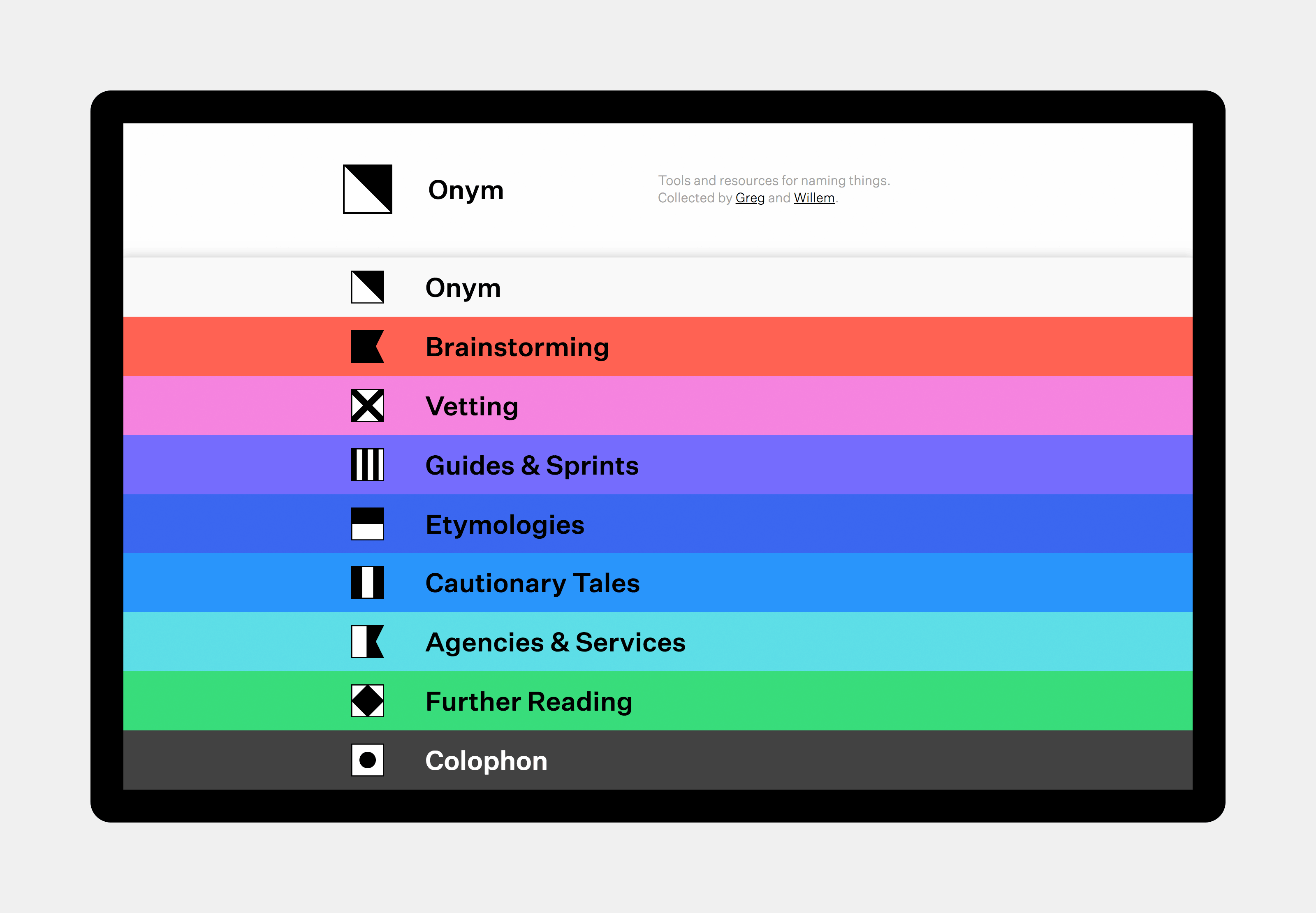

For now, his creatures are super popular worldwide.Launched in September 2012, Oyster developed an app for Apple devices that allows readers unlimited access to 100,000-plus e-book titles for $9.95 a month. This talented designer created tons of Emoji characters for the iPhone in Japan. Willem Van Lancker studied a BFA at the Rhode Island School of Design and worked in interaction design at IDEO and Google.
The service is the brainchild of Willem Van Lancker, Eric Stromberg and Andrew Brown, who pulled in $3 million in seed funding in 2012 from several investors, including founders of PayPal and initial backers of Facebook. See the complete profile on LinkedIn and discover Willem. Willem has 11 jobs listed on their profile. Willem came to Google from IDEO where he worked as a communication designer focusing on understanding business systems and organizations through visual communication.View Willem Van Lancker’s profile on LinkedIn, the world’s largest professional community.
...
Willem Van Lancker Free To The
“What we’re seeing is an increasing digital divide, where some of the underserved people in our communities may have access to a cellphone, but they don’t have the same access to information and opportunities that are available.”Stripling says that libraries are not just homes to books. The digital divide has been a hot topic recently for American Library Association President Barbara Stripling and her colleagues, who worry that those without the money to afford technical gadgets could be left behind.“The importance of equitable access cannot be overemphasized,” Stripling says. “While I wish there was a more equitable solution to issues of longevity for content and livelihood for authors, I don’t bemoan this business model.”But not everyone is cheering. The project sees e-book subscription companies as important players in a healthy literary ecosystem.“It’s not for all people, nor for all content,” Newby says. Today, Project Gutenberg has more than 40,000 works in its digital collection, all of which are free to the public.
During the Great Recession, she notes, libraries also experienced a dramatic increase in the number of people coming in to use computers and apply for jobs.


 0 kommentar(er)
0 kommentar(er)
